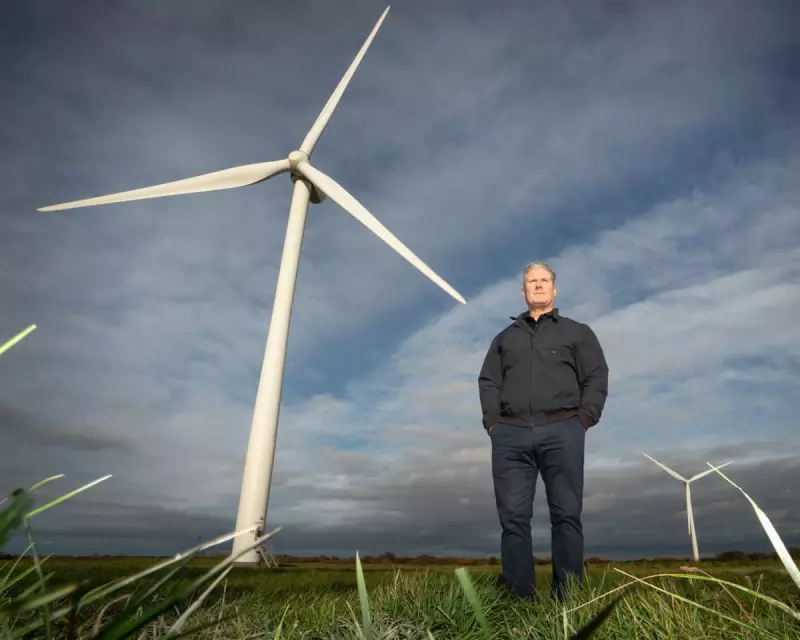
In a candid admission that reveals the complex realities of Britain's energy transition, Prime Minister Keir Starmer has acknowledged that his government's ambitious clean power mission could lead to higher energy bills for households in the short term.
The Prime Minister made the frank concession during a parliamentary exchange, telling MPs that while the long-term goal remains cheaper energy through renewables, the initial infrastructure investments required might push costs upward first.
The Political Tightrope
Starmer's comments represent a significant moment of political honesty about the challenges facing his government's central environmental pledge. The Labour Party had campaigned heavily on creating a "clean power system by 2030" as a key solution to both the climate crisis and cost-of-living pressures.
However, the Prime Minister now finds himself walking a political tightrope - balancing his environmental ambitions against the immediate financial pressures facing millions of households still grappling with elevated energy costs.
Parliamentary Pressure
The revelation came during Prime Minister's Questions, where Starmer was pressed on how the government would ensure energy affordability during the transition period. His response highlighted the inherent tension between short-term costs and long-term benefits that characterizes major infrastructure overhauls.
This acknowledgement marks a departure from the campaign trail rhetoric, where the focus remained squarely on the eventual savings renewable energy would deliver compared to volatile fossil fuel markets.
What This Means for Households
While specific figures weren't provided, energy experts suggest the initial cost increases could stem from:
- Investment in new grid infrastructure to handle renewable energy
- Subsidies for renewable energy development
- Costs associated with decommissioning older energy systems
- Transition expenses for workforce retraining and industry restructuring
The government maintains that any short-term pain will be outweighed by long-term stability and lower costs once the renewable infrastructure is fully operational.
The Road Ahead
This moment of transparency sets the stage for a crucial period in UK energy policy. The government must now navigate public expectations while managing the practical realities of one of the most ambitious energy transitions attempted by any major economy.
How ministers communicate these challenges and support vulnerable households through the transition period will likely become a defining test of Starmer's premiership and his government's environmental credentials.





